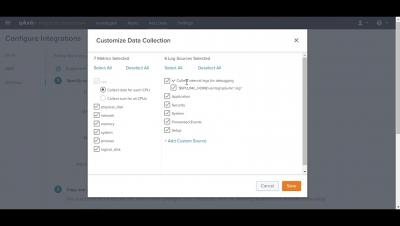Life at Sentry: Meet Chloe Condon, Developer Evangelist(a)
In our appropriately named Life at Sentry series, we talk to Sentry employees about what life is like at Sentry (and how they ended up here). In this edition, we’re chatting with Chloe Condon, Developer Evangelist(a) at Sentry, about stumbling into tech, imposter syndrome, and not getting cast as Carrie in “Carrie: The Musical.” Take a look at our available jobs if you’re interested in joining us.











